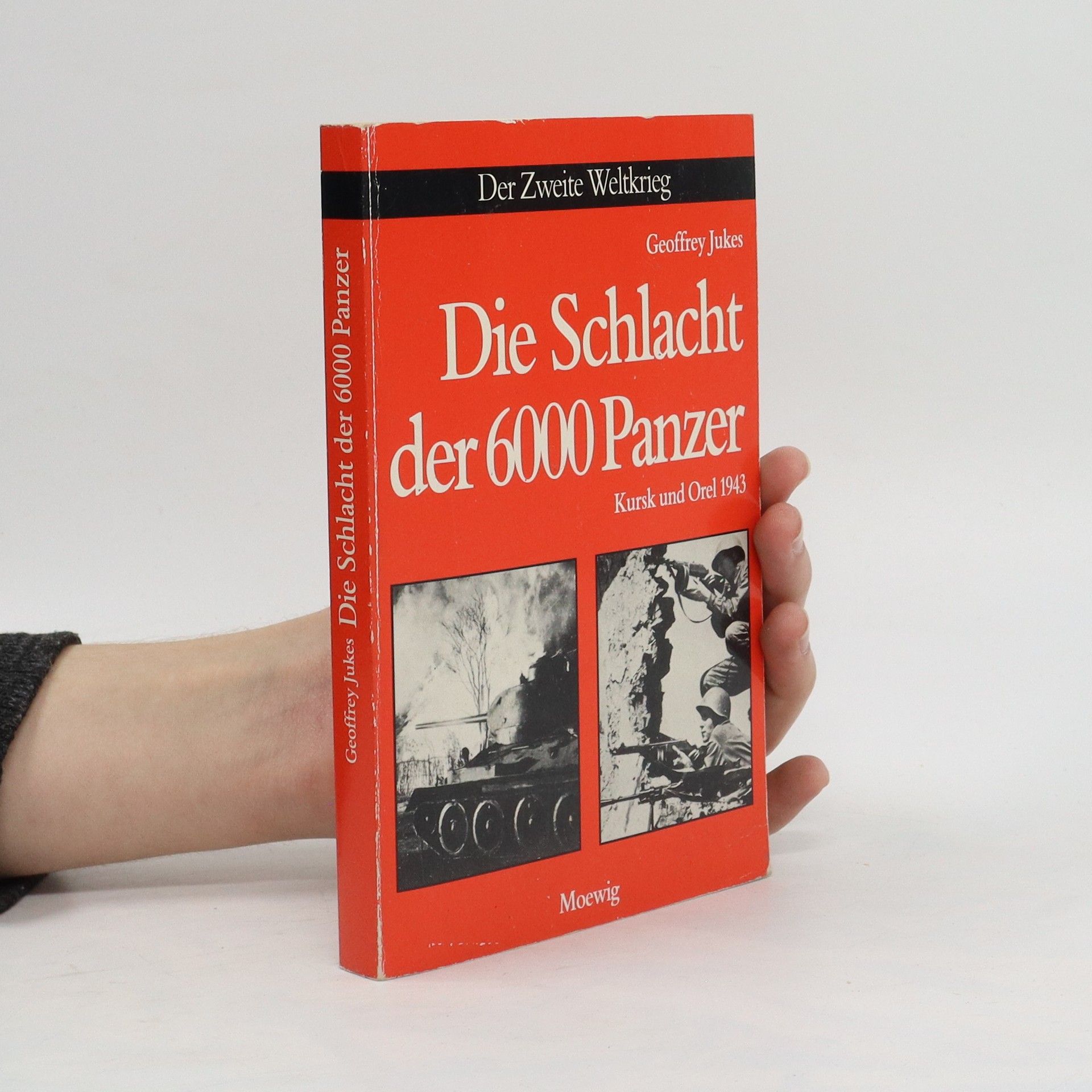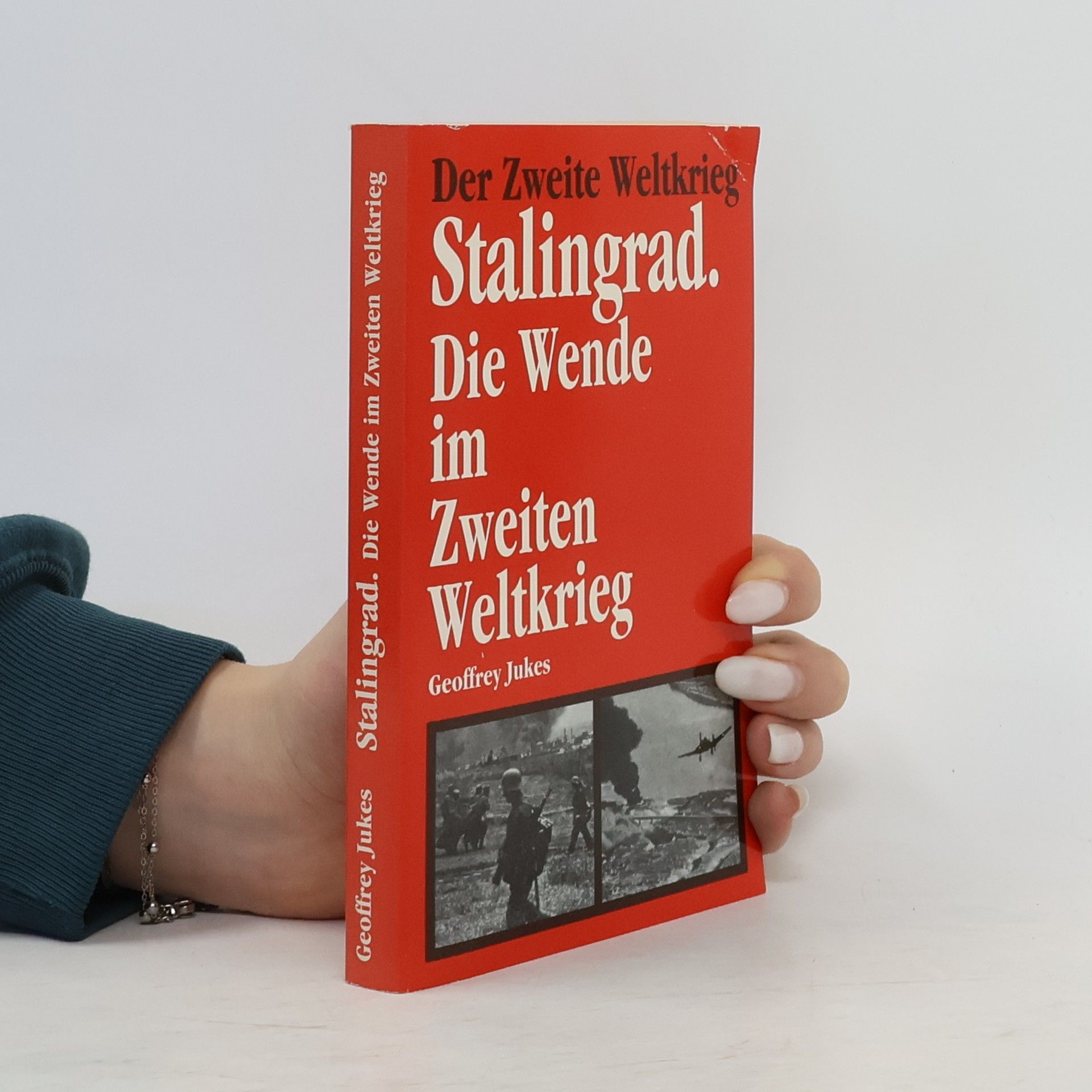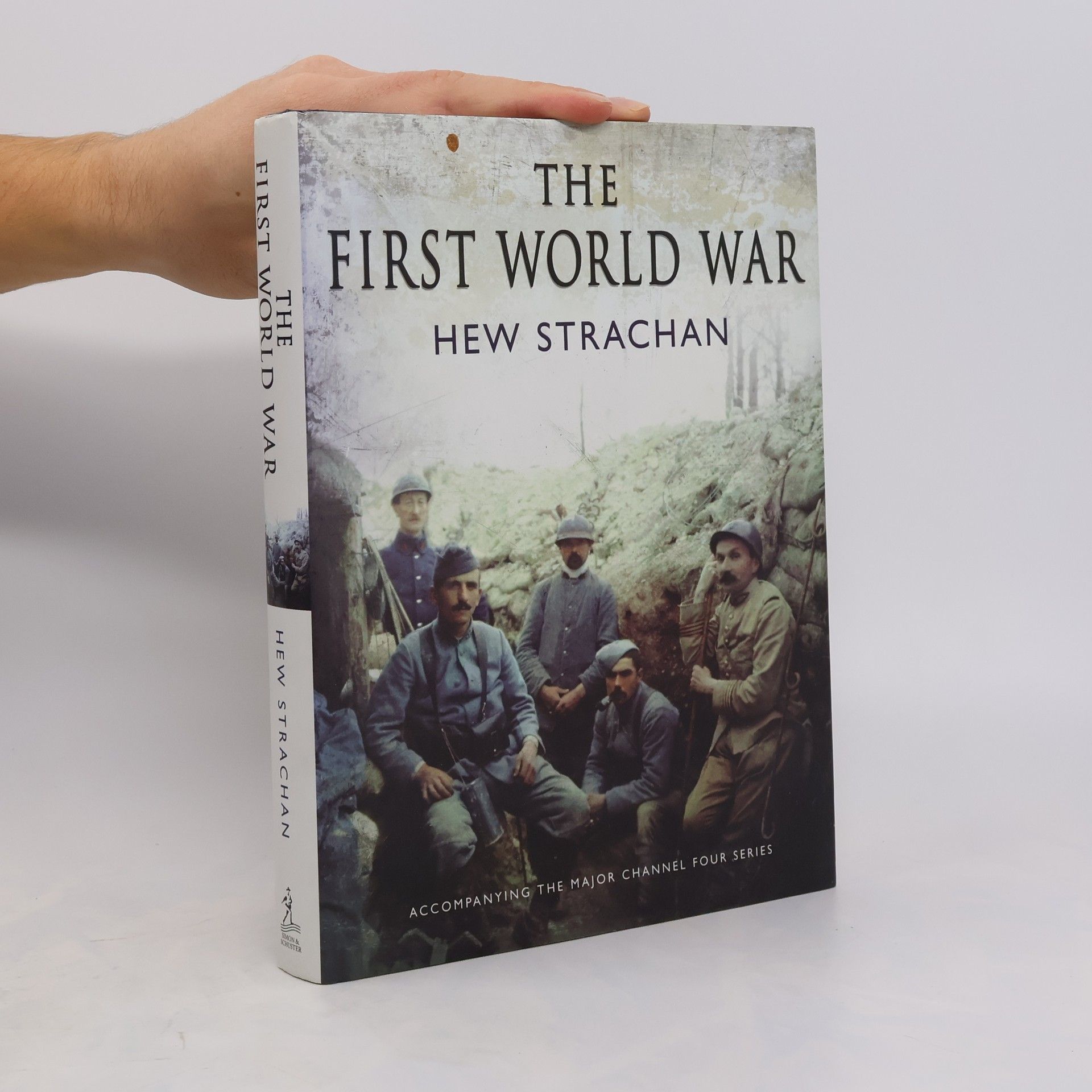Exploring such theatres as the Balkans, Africa and the Ottoman Empire, this works assesses Britain's participation in the light of what became a struggle for the defence of liberalism and shows how the war shaped the "short" 20th century that followed it
Geoffrey Jukes Livres





